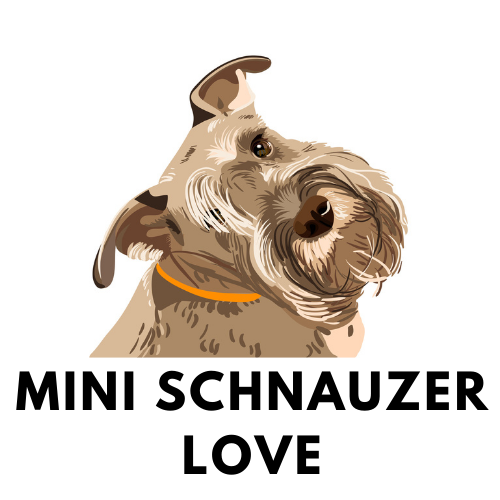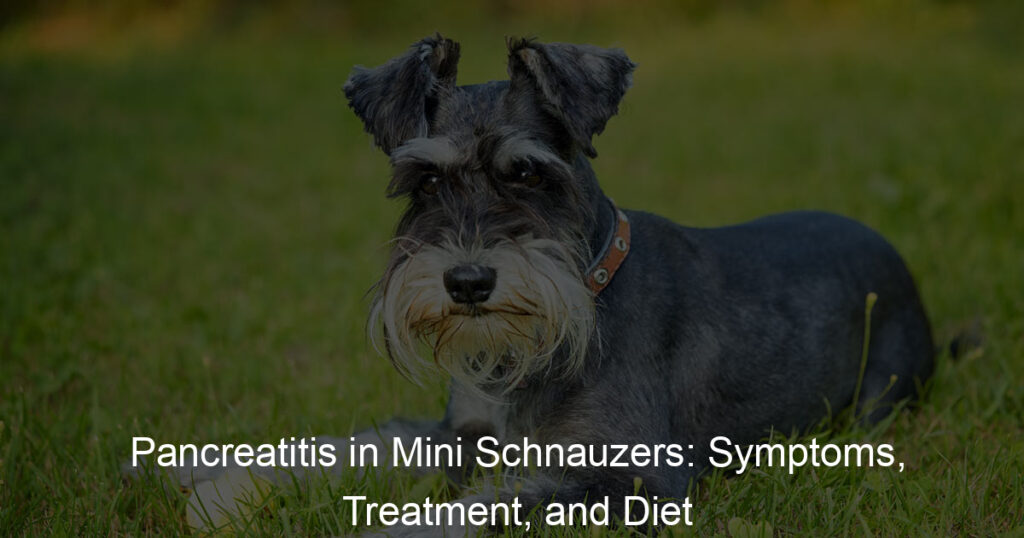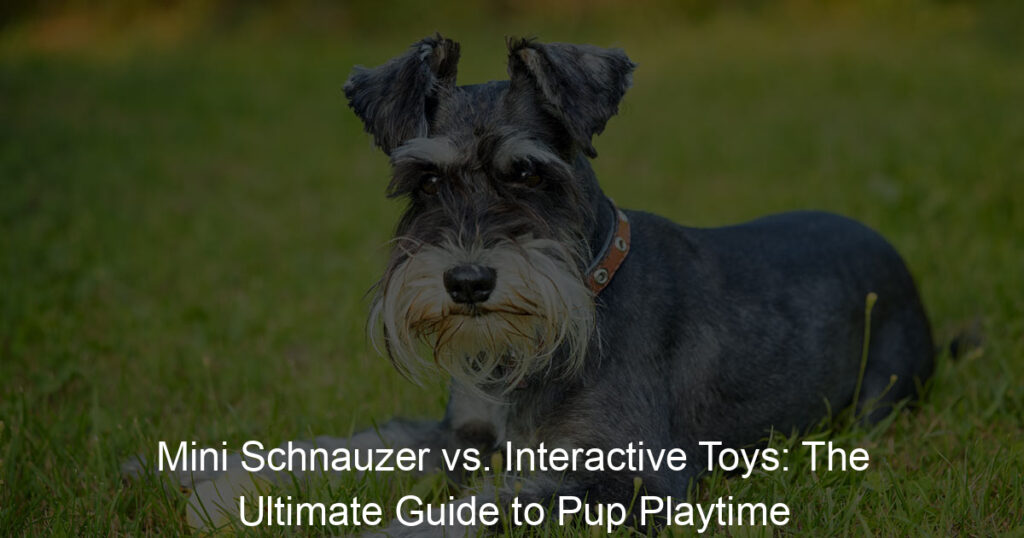Do you have a mini schnauzer? If so, then you know that they’re one of the most intelligent and loyal dog breeds around. But did you know that mini schnauzers are also prone to a condition called pancreatitis? In this blog post, we’ll explore the symptoms, treatment, and diet options for dogs with pancreatitis.
Whether you’re currently dealing with this condition or want to be proactive about preventing it, keep reading for everything you need to know!
What should a mini schnauzer eat for pancreatitis?
While it’s important to find out the exact cause of pancreatitis in your mini schnauzer, one thing is certain: a low-fat diet is absolutely essential. A high-quality, species-appropriate diet should be designed to minimize inflammation and repair the damaged pancreas.
This means sticking with high-quality proteins like chicken, turkey, or whitefish along with easily digestible carbohydrates like potatoes, sweet potatoes, and oats. Steer clear of treats that are filled with fats and added sugars to avoid exacerbating the condition.
Remember that overfeeding can make any health condition worse, so portion control is key in ensuring that your mini schnauzer receives the nutrients they need without indulging too much.
How do you treat pancreatitis in schnauzers?
The treatment of pancreatitis in schnauzers depends on the severity and underlying cause of the condition. Mild cases often involve rest, a low-fat diet, and pain medications. Severe cases may require hospitalization and intravenous fluids while being fed a special diet.
If an underlying cause is identified, treatment should focus on addressing that problem in addition to supportive care for the pancreas. In most cases, careful monitoring via bloodwork and periodic ultrasounds is necessary to ensure that the inflammation is properly managed. With proper treatment, schnauzers can make a full recovery from pancreatitis.
What should I feed my dog with pancreatitis?
A diagnosis of pancreatitis in canines can be scary, but with the proper diet, you can keep your pup feeling happy and healthy. To achieve this, it’s best to provide a low-fat diet made with high-quality, easily digestible ingredients. This may include lean proteins like skinless chicken and fish, along with cooked vegetables such as cooked carrots and green beans – all mixed into a plain white rice or oatmeal base.
Since processed dog food tends to have higher fat content and can cause more problems than it solves, your pet is likely better off eating home-cooked meals prepared especially for him. Be sure to talk to your vet before making any changes to your pup’s diet in order to make sure you are giving them the helpful nutrition they need.
What foods trigger pancreatitis in dogs?
Pancreatitis in dogs is a serious digestive disorder that can cause painful inflammation of the pancreas, and significantly reduce the quality of life for both pet and owner. Unfortunately, certain high-fatty foods consumed by dogs can trigger pancreatitis. Human foods that have a high fat content, such as butter, sauces, oils, and processed meat products should be avoided as they may increase the risk of developing pancreatitis in a canine companion.
However, not every fatty food can start a flare-up; some types of fatty food are essential for maintaining adequate nutrition. Therefore, it is important to discuss your dog’s individual dietary needs with your veterinarian to determine exactly which fatty foods could potentially trigger their pancreatitis.
What not to feed a dog with pancreatitis?
When it comes to feeding a dog with pancreatitis, one of the most important rules to keep in mind is that fatty foods should be avoided at all costs. Highly processed and commercialized treats such as chips and cookies are not an ideal meal choice as they are filled with preservatives that can worsen an already-compromised digestive system.
Other foods that pet owners should avoid giving their ill pets include bacon, sausage, and red meat, as these items contain high levels of fat and grease. Proteins such as organs or poultry are okay so long as the fat has been removed beforehand, however, carbohydrates should be added cautiously in the form of vegetables and grains like rice. Making sure to stick to these tips will ensure a well-balanced but primarily low-fat diet for your pup!
It’s A Wrap
To conclude, while pancreatitis can affect any breed of dog – including the Mini Schnauzer – understanding the symptoms and seeking professional medical assistance if they are seen is key in assisting with diagnosis and treatment. Additionally, dietary changes may be necessary to help alleviate the effects of pancreatitis. Managing your pet’s diet is also important for preventative measures against the disease.
Finally, environmental stressors such as heat or debris from new cleaning materials should be avoided since these could contribute to triggering a pancreatic attack. By learning more about the signs, treatments, and diets connected to supporting a healthy lifestyle for our four-legged friends suffering from pancreatitis; together we can ensure that they live their best life possible.














